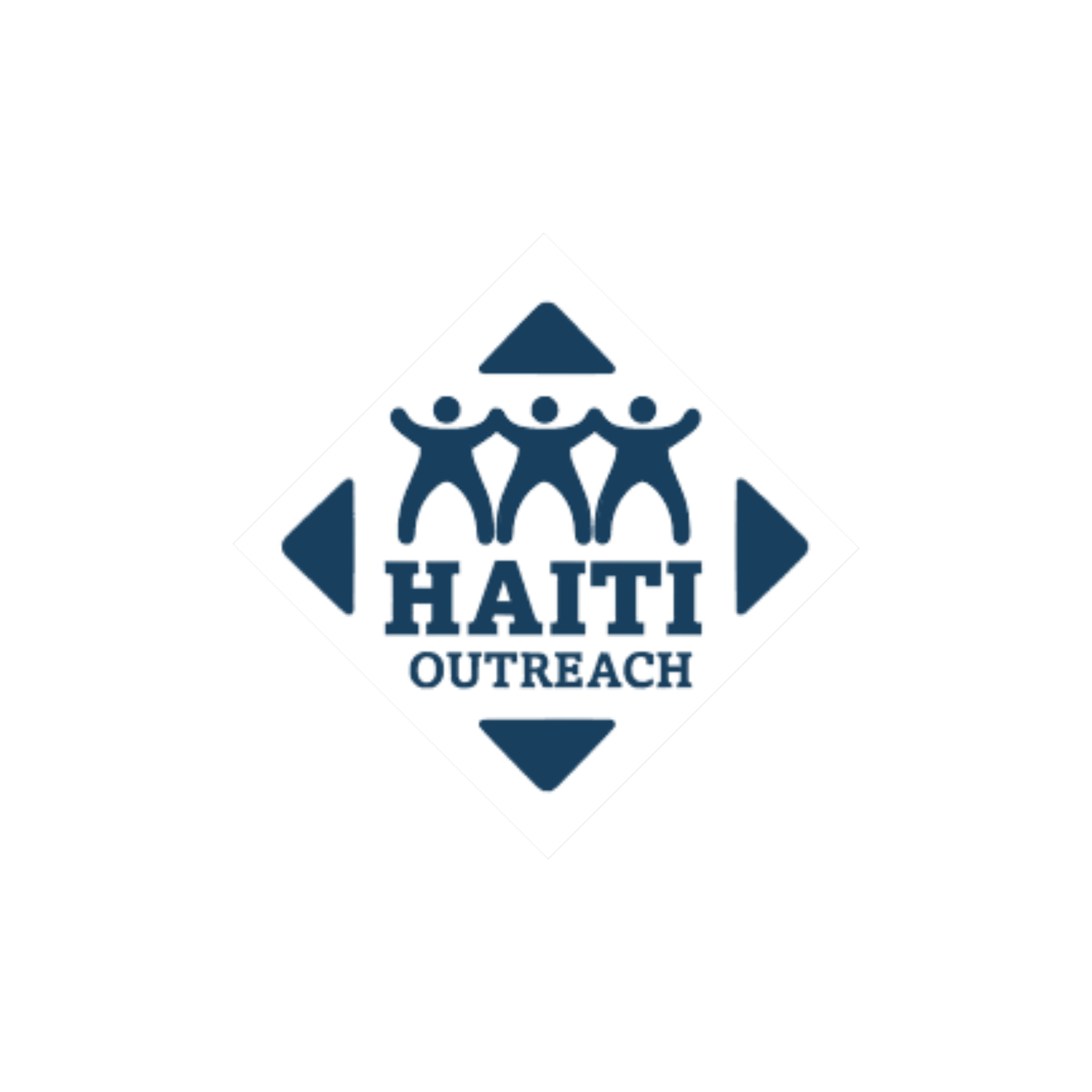
Rotary
A History of Haiti Outreach and Our Partnership with Rotary International
For over two decades, Haiti Outreach has maintained a transformative partnership with Rotary International, leveraging the power of global collaboration to address Haiti's critical water, sanitation, and hygiene (WASH) challenges. Through multiple global grants, strategic partnerships with Haitian Rotary clubs, and our instrumental role in launching HANWASH (Haiti National Water, Sanitation and Hygiene Initiative), we have established ourselves as a leading force in sustainable development in Haiti.
Foundational Partnership: Rotarian Leadership
Our deep connection to Rotary International begins with our founders, who are committed Rotarians themselves. Most notably, Neil Van Dine, co-founder and Country Director of Haiti Outreach, serves as an international board member of the Water and Sanitation Rotary Action Group (WASRAG) and is a board member of HANWASH. His extensive experience positions him as a recognized leader in the global WASH movement within Rotary's network.
Living in rural Haiti since 1989, Van Dine has dedicated over 30 years to advancing the development of the country. His unique position as both a practitioner on the ground and a leader in Rotary's international WASH efforts has enabled Haiti Outreach to bridge the gap between grassroots implementation and global best practices.
Two Decades of Global Grant Success and U.S. Club Partnerships
Over the past 20 years, Haiti Outreach has successfully implemented multiple Rotary Global Grants with strong support from Rotary clubs across the United States, particularly in the Twin Cities region. These partnerships are essential to our community-centered approach and have enabled us to:
Build Local Ownership: Working directly with Haitian Rotarians ensures that projects are driven by local needs and priorities, not external assumptions about what communities require.
Establish Community Leadership: Through partnerships with local Rotary clubs, we help identify and develop community leaders who can sustain projects long after initial implementation.
Create Cultural Bridges: Our Rotarian partners in Haiti serve as cultural interpreters and community advocates, ensuring that our interventions are appropriate and welcomed.
International Support Network: Our work is supported by a robust network of Rotary clubs across the United States, with particularly strong backing from clubs in the Twin Cities region. These partnerships provide:
Financial support through global grant partnerships and district funding
Technical expertise and volunteer engagement
Advocacy and awareness-building in the United States
Long-term institutional relationships that ensure project continuity
Sister club relationships that create lasting bonds between American and Haitian Rotarians
Launching HANWASH: A National Vision
In 2017-2018, Haiti Outreach played a pivotal role in the creation and launch of HANWASH, one of the most ambitious WASH initiatives ever undertaken. This collaborative national initiative represents a groundbreaking partnership between:
Rotary International District 7020
DINEPA (The Haitian Government's National Water and Sanitation Agency)
The Rotary Foundation
NGO partners including Haiti Outreach
Our Role in HANWASH's Genesis: As a founding partner organization, Haiti Outreach brought critical expertise and credibility to the initiative. Our 20+ years of experience in Haiti, combined with our deep relationships with local communities and government agencies, made us an essential partner in developing HANWASH's strategy and implementation approach.
Vision and Mission Alignment: HANWASH's ambitious goal—to provide thoughtfully managed and sustainable clean water and sanitation to all citizens of Haiti by 2030—aligns perfectly with Haiti Outreach's mission and methodology. This initiative represents the scaling up of approaches we have refined over decades of work.
Continuing Partnership with HANWASH
Today, Haiti Outreach continues as a key implementing partner in the HANWASH initiative, working toward the extraordinary goal of ensuring all Haitians have access to water and sanitation. Our ongoing contributions include:
Technical Expertise and Implementation: We are engaged by HANWASH to create FRAPE (Functional, Responsibly Managed, Adequate Sanitation, Potable, Last Time Inspected) surveys and Commune Action Plans for target communities, providing the technical foundation for systematic infrastructure development.
Community Engagement Leadership: Our methodology of community-led planning and governance serves as a model for HANWASH's approach to sustainable development throughout Haiti.
Mapping and Assessment: We conduct comprehensive mapping of existing water resources in pilot communes to identify which infrastructure is functional and potable, and which requires rehabilitation or replacement.
Capacity Building: We continue to train local communities in business planning, maintenance systems, and governance structures that ensure long-term sustainability of WASH investments.
Impact and Recognition
The Haiti Outreach-Rotary International partnership has achieved remarkable results:
90% Success Rate: Our community-managed wells maintain a 90% operational rate, far exceeding industry standards
Systematic Coverage: Through HANWASH, we are working toward universal coverage in target communes with populations totaling 800,000 people
Model for Replication: Our methodologies are being studied and replicated by other organizations throughout the WASH sector
Recognition within Rotary: Our work has been featured in Rotary publications, conferences, and training materials as a model for sustainable development
Looking Forward: A Shared Vision
As we continue our partnership with Rotary International through HANWASH and other initiatives, Haiti Outreach remains committed to the bold vision of universal access to sustainably managed potable water and sanitation in Haiti. Our two-decade partnership with Rotary has demonstrated that with proper community engagement, technical expertise, and sustained commitment, even the most challenging development goals are achievable.
